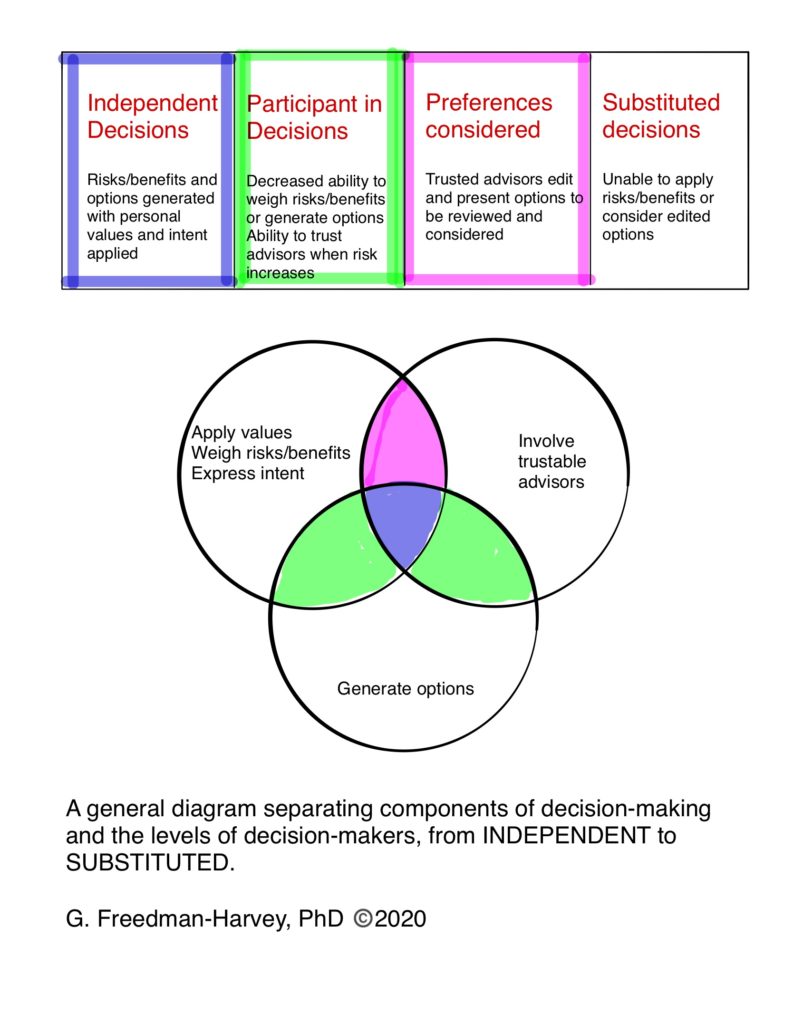In a report dated June 11, 2020 in Hawaiinewsnow.com a descendant of Hawaiian royalty, and heiress to a “$215-million fortune,” is opposing the imposition of an unlimited conservatorship.
Abigail Kawananakoa, heiress to the estate, originating from one of Hawaii’s largest sugar plantations, also controls a foundation “intended to benefit Hawaiian causes.”
The judge’s ruling did impose an unlimited conservatorship.
Multiple factors are at play:
- The mental status and capacity of Ms. Kawananakoa
- A news report showing video of her wife coaching Ms. Kawananakoa during a break in her testimony in March
- Concern over how the foundation will retain its “kuleana” or a holistic sense of responsibility over the fund’s intent
- Ms. Kawananakoa’s desire to retain control over “the things that are most important to her and her life: her people, her care and her horses”
Discussion: how much conservatorship is “too much”?
In California, a limited guardianship may be imposed (in the case of developmental disability). The parties and judge can review the conservatee’s various capacities and choose the types of decisions that the conservatee may continue to make.
For example, the judge may take away from the conservatee the right to determine residence while the conservatee retains the right to consent to social and sexual contact.
In California probate conservatorships, the conservator is granted the powers over the estate and/or personal and healthcare decision-making. But a tailored conservatorship might provide specific rulings. An example would be granting the conservator control over financial transactions greater than a set maximum amount, such as $500, to allow the conservatee some access to spending money and to retain a sense of agency over lower risk purchases.
While formally an unlimited conservatorship grants a conservator authority over all funds and assets, informally, the conservator can provide levels of active involvement by the conservatee in decision-making, based on risk, reasoning, preference, familiarity, or other values.
Assessment of a conservatee’s personal values, prior decision patterns and familiarity with options may be preferable to a conservator making all decisions independent of the conservatee.
This may be a way for a conservator to look at “acting in the best interest” as a more holistic process, similar to the Hawaiian term “kuleana”.
We can identify four overlapping types of decision-makers:
- independent in decisions
- participant in decisions
- having preferences considered
- deferring to substitute decision-maker
When an attorney, judge or conservator is involved in decision-making, the assistance of a psycholegal evaluation may assist in identifying the level of a person’s participation, reflective of the person’s current skills, impairments, and values, in context of the complexity or risk of the decision to be made.
